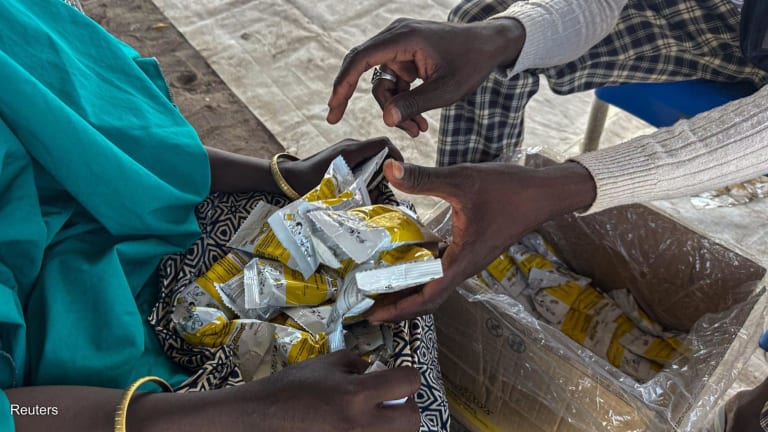
The 66th World Health Assembly concluded with a number of resolutions and action plans adopted and approved in the more than week-long conference.
“This has been an efficient and productive Health Assembly […] Perhaps the grey, cold, and rainy weather also contributed to a serious and focused Assembly,” World Health Organization Director-General Margaret Chan said in her closing remarks on May 27.
Here are five takeaways from the annual meeting:
1. WHO’s 2014-2015 budget
Member states approved the organization’s proposed budget of $3.9 billion for the next two years. While there is a slight increase from the current budget, there are cuts to the organization’s programs for communicable diseases, and outbreak and emergency response.
“We see these cuts as part of a worrying ongoing global trend towards reduced medical capacity for emergencies and humanitarian crises, which is very sad news for populations in need,” MSF Humanitarian Advocacy and Representation Coordinator Emmanuel Tronc previously told Devex.
The organization’s access campaign executive director meanwhile noted the “profound” impact austerity and budget cuts are having on medicine access and health care.
“There is no real choice when WHO has to make a choice between infectious diseases and non-communicable diseases. The only real way forward is to restore full funding to all disease priorities,” Manica Balasegaram said.
2. Neglected tropical diseases
Member states should ensure country ownership and advocate for long-term, predictable funding for all 17 NTDs, according to a resolution adopted at the event. Chan also highlighted the need for a “new thinking” in public-private partnerships in a bid to increase people’s access to medicines in fighting these diseases.
The government of Burkina Faso, meanwhile, suggested including noma, a face-disfiguring disease, in the current list of NTDs.
3. Noncommunicable diseases
Member states adopted the final version of the 2013-2020 global NCD action plan, which includes nine overarching principles, six objectives and nine voluntary targets aimed at reducing the global burden of NCDs. Targets include making essential medicines and affordable technologies 80 percent available to both public and private facilities, and halting the rise of people with cases of diabetes and obesity.
4. Mental health
Member states adopted a resolution concerning a comprehensive action plan on mental health for 2013-2020. The document sets out four objectives with corresponding targets, and underlines the need for a strong civil society in tackling the problem.
Among the set targets are ensuring 80 percent of countries develop a national policy for mental health, and increasing service coverage for those with severe mental disorders by 20 percent come 2020.
5. Leadership priorities
Member states also adopted WHO’s 12th General Program of Work, which sets out the organization’s leadership priorities for the next six years: Advancing universal health coverage, meeting the current health-related goals even beyond 2015 (including the eradication of polio and some NTDs), tackling NCDs, ensuring all countries have the capacity to respond to disease outbreaks as laid out in the 2005 International Health Regulations, increasing access to essential but affordable medicines, and addressing the social, economic and environmental determinants of health.
Read more development aid news online, and subscribe to The Development Newswire to receive top international development headlines from the world’s leading donors, news sources and opinion leaders — emailed to you FREE every business day.




